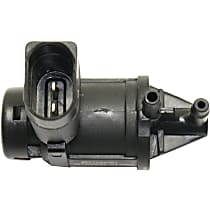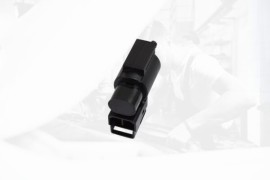{
"lazyNodes": false,
"abFitnotesFlag": false,
"abCrawlReviews": false,
"productOptionsCookie": false,
"orderDelayFlag": false,
"skipSessionCookie": false,
"covidMessage": false,
"fullTitleCookie": false,
"nrLoggerCookie": false,
"checkoutReviewCookie": false,
"productOptionSeqCookie": false,
"maintenanceFlag": false,
"bufferETACookie": false,
"multiShippingDiscountFlag": false,
"newFitmentFlag": false,
"surveyOptInFlag": false,
"crossSellFlag": false,
"skuMappingFlag": false,
"paySplitCookie": false,
"callDisableFlag": false,
"zipPaymentFlag": "u",
"hassleFreeReturn": false,
"lifetimeReplacement": false,
"cpn_off": false
}Need Help? Call Us1-866-529-0412
2004 Audi A6
2004 Audi A6 EGR Vacuum Solenoids
Refine by:
Shop Catalog
Showing 1 - 1 of 1 results
Sort by:
Part Number: REPV506001
Guaranteed to Fit
$11.99
Vehicle Fitment
- 2004 Audi A6 Base 6 Cyl 3.0L
Product Details
Location : FrontNotes : Blade type; 2-prong male terminalWarranty : 1-year Replacement unlimited-mileage warrantyQuantity Sold : Sold individuallyProp 65 Warning :
![]() WARNING: This product can expose you to chemicals including Lead, which is known to the State of California to cause cancer and birth defects or other reproductive harm. For more information go to www.P65Warnings.ca.gov.
WARNING: This product can expose you to chemicals including Lead, which is known to the State of California to cause cancer and birth defects or other reproductive harm. For more information go to www.P65Warnings.ca.gov.
Page 1 of 1 | Showing 1 - 1 of 1 results
Popular Products

ReplacementEGR Vacuum Solenoid - Direct Fit, Sold individuallyManufacturer #REPV506001
( Reviews) Questions, Answers
Manufactured from top quality components, this is your best option and inexpensive replacement for your rebuild, repair, and maintenance needs - an OE replacement product for your damaged or aged factory part.
Replacement - the most affordable brand name for replacement parts th...
Product Questions & Answers
Q:Where is the egr vaccum solenoid located on a 06 volkswagen Passat 2.0t? Show Less
Ulises
A:BEST ANSWERHello! It's right next to the throttle body
Mitchell D.
2 Questions, 1 AnswerView all Q&As >
Helpful Automotive Resources
EGR Solenoid: Function, Symptoms, and FAQsThis solenoid lowers the combustion temperature, preventing heat damage to the engine block, head gasket, cylinder, and pistons. It also reduces the vehicle’s nitrogen oxide emissions. It essentially helps achieve the engine’s best performance, efficiency, and emissions.




